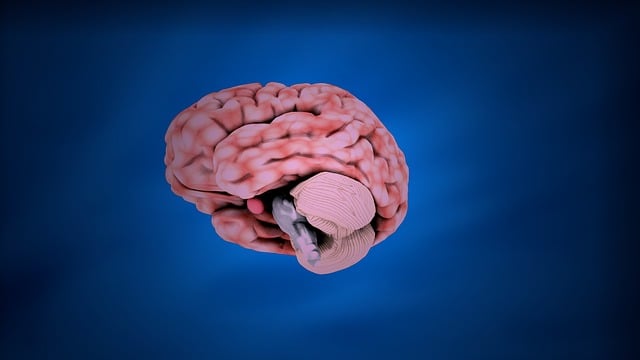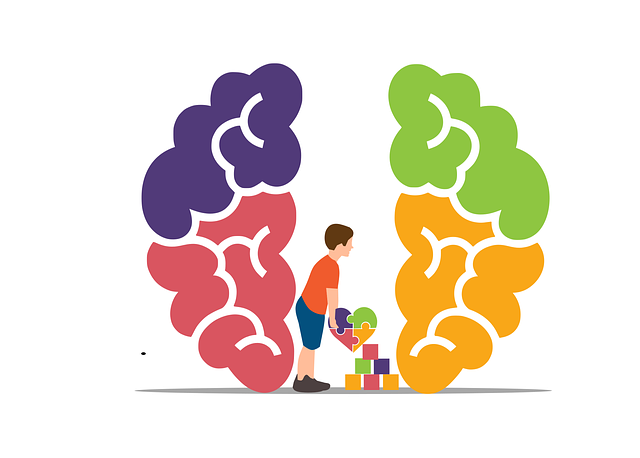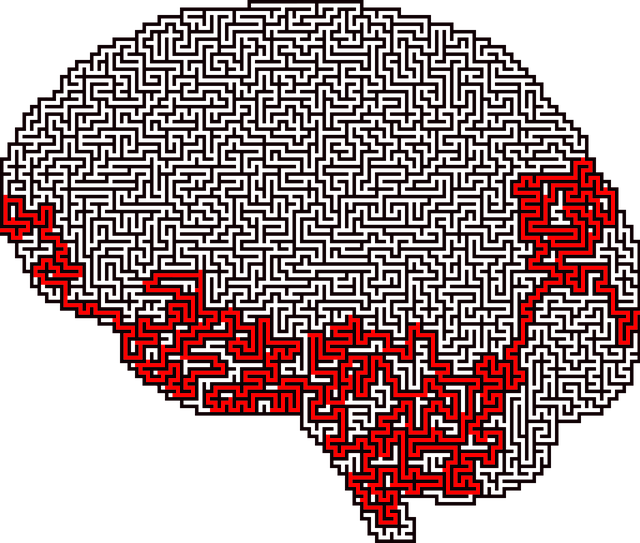Castle Rock EMDR Therapy revolutionizes mental health data analysis by combining quantitative metrics (anxiety, depression, trauma recovery) with qualitative feedback from patients and stress management techniques. This integrated approach, leveraging Eye Movement Desensitization and Reprocessing (EMDR), provides actionable insights for personalized care plans and refined therapeutic strategies. Data interpretation aids in identifying effective interventions, enhancing care quality, and reducing mental illness stigma. Ethical considerations like privacy, consent, and dataset biases are paramount, while future directions include advanced analytics, social media, and wearable tech integration to further optimize mental wellness outcomes.
Mental health data analysis is a growing field, offering invaluable insights into individual well-being. This article explores the process of understanding and interpreting complex mental health data, with a focus on the role of innovative therapies like Castle Rock EMDR. From collection and preparation to ethical considerations, we delve into the latest techniques for unearthing meaningful results. Discover how advanced analysis can enhance treatment approaches, inform policy, and ultimately improve access to quality care.
- Understanding Mental Health Data: Collection and Preparation
- The Role of Castle Rock EMDR Therapy in Data Analysis
- Interpreting Results: Insights and Applications
- Ethical Considerations and Future Directions in Mental Health Data Analysis
Understanding Mental Health Data: Collection and Preparation

Understanding Mental Health Data is a critical first step in any analysis endeavor. In the context of Castle Rock EMDR Therapy and similar therapeutic practices, data collection involves tracking various metrics related to mental health conditions. This includes measurements such as anxiety levels, depression symptoms, trauma recovery progress, and cognitive performance before, during, and after therapy sessions. The process requires careful consideration of ethical guidelines to ensure patient privacy and confidentiality.
Data preparation is a meticulous task that involves cleaning and organizing the collected information. This step ensures that the data is accurate, consistent, and ready for analysis. In the case of Castle Rock EMDR Therapy, this might include normalizing treatment outcomes, integrating patient feedback from Mental Wellness Podcast Series productions, and factoring in Stress Management techniques to gain deeper insights into their effectiveness. Proper preparation allows analysts to make informed decisions, contributing to Mental Illness Stigma Reduction Efforts by providing evidence-based data for improved therapeutic strategies.
The Role of Castle Rock EMDR Therapy in Data Analysis

Castle Rock EMDR Therapy plays a significant role in modern mental health data analysis due to its unique approach to trauma healing. Eye Movement Desensitization and Reprocessing (EMDR) is not just a therapeutic method; it provides valuable insights into an individual’s psychological landscape when integrated with data analysis techniques. By combining quantitative data from assessments and qualitative information gathered through therapy sessions, healthcare professionals can gain deeper understandings of mental health trends.
This comprehensive approach, which includes the Risk Assessment for Mental Health Professionals and Burnout Prevention Strategies for Healthcare Providers, enhances the accuracy of interpretation. For instance, tracking changes in a patient’s emotional response patterns over time through EMDR therapy can be correlated with data from mental wellness journaling exercises. Such correlations offer actionable insights into what works best for individual patients, refining therapeutic interventions and personalizing care plans to optimize mental wellness outcomes.
Interpreting Results: Insights and Applications

When analyzing mental health data from treatments like Castle Rock EMDR Therapy, interpreting results is a critical step that transforms raw data into actionable insights. By delving into the numbers, therapists and researchers can uncover patterns and trends, identifying effective interventions and areas for improvement within mental health education programs design. This process involves not just statistical analysis but also qualitative assessments to grasp the emotional intelligence demonstrated by participants throughout their journey.
Understanding these outcomes has direct applications in resilience building. For instance, successful therapy techniques can be replicated and refined, enhancing existing protocols. Moreover, identifying challenges or gaps in current practices can drive the development of targeted interventions and personalized treatment plans. Ultimately, this data-driven approach contributes to a more nuanced understanding of mental health, empowering professionals to deliver improved care.
Ethical Considerations and Future Directions in Mental Health Data Analysis

As mental health data analysis becomes increasingly sophisticated, it’s crucial to address ethical considerations. With techniques like Castle Rock EMDR Therapy gaining traction, researchers and practitioners must navigate complex issues surrounding data privacy, informed consent, and potential biases in datasets. Ensuring the confidentiality and security of sensitive information is paramount, especially as digital health platforms grow in popularity. Additionally, promoting transparency in data collection methods and algorithms can foster trust among users and stakeholders.
Looking ahead, future directions in mental health data analysis offer exciting possibilities for personalized interventions. By leveraging advanced analytics, professionals can identify subtle patterns and trends within individual data to tailor treatments more effectively. This could lead to the development of innovative Resilience Building and Emotional Well-being Promotion Techniques, as well as Mental Wellness Coaching Programs. Moreover, integrating diverse data sources, such as social media insights and wearable technology, may provide new perspectives on mental health status and treatment outcomes, ultimately enhancing our understanding and addressing the unique needs of each individual.
Mental health data analysis is a powerful tool for understanding and improving well-being, with ethical practices guiding its evolution. As demonstrated by Castle Rock EMDR Therapy’s integration into this process, advanced techniques like this can enhance our ability to interpret complex mental health data, leading to more effective treatment strategies. Future research should focus on refining these methods, ensuring cultural sensitivity, and addressing privacy concerns, ultimately fostering a more holistic and inclusive approach to mental healthcare.














